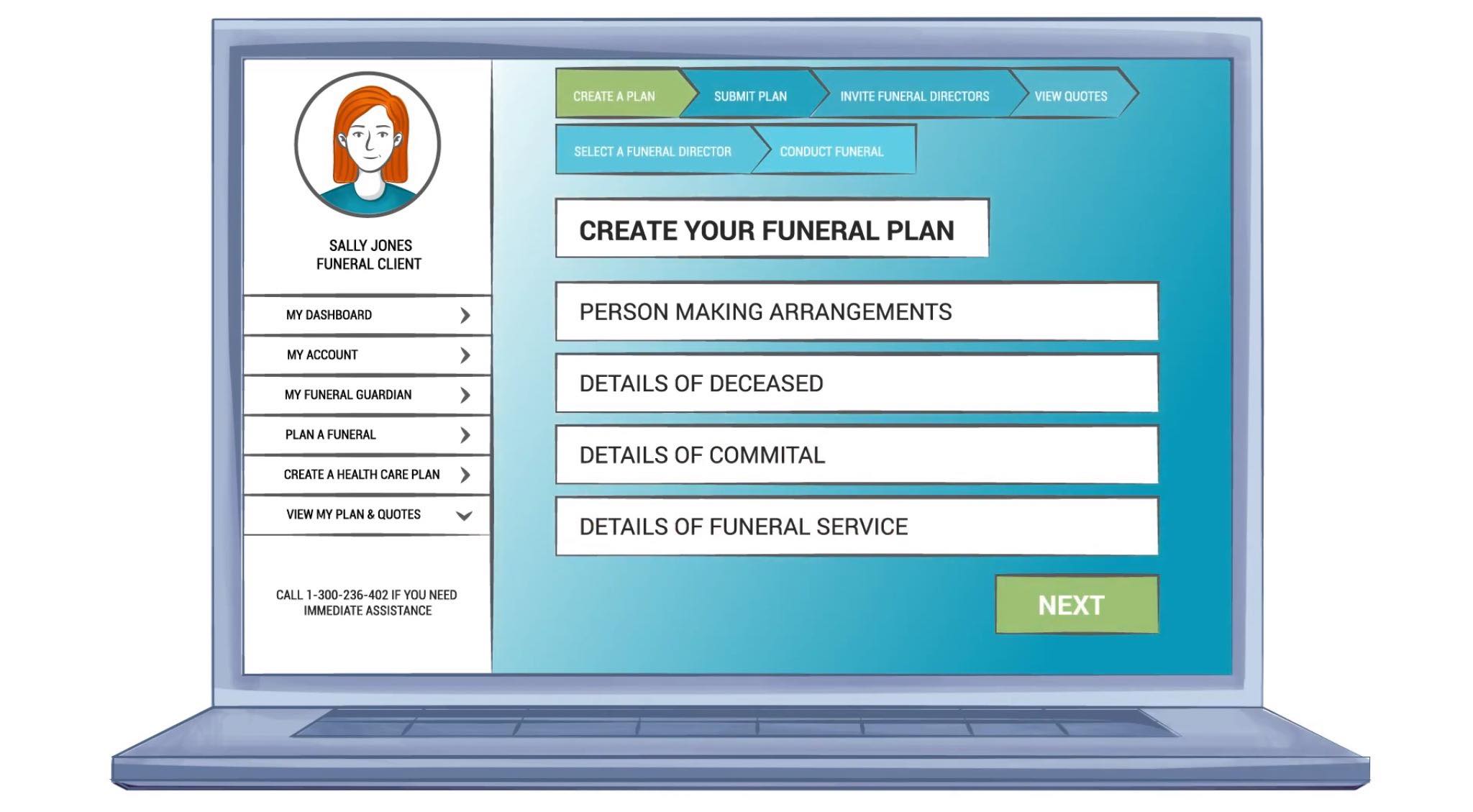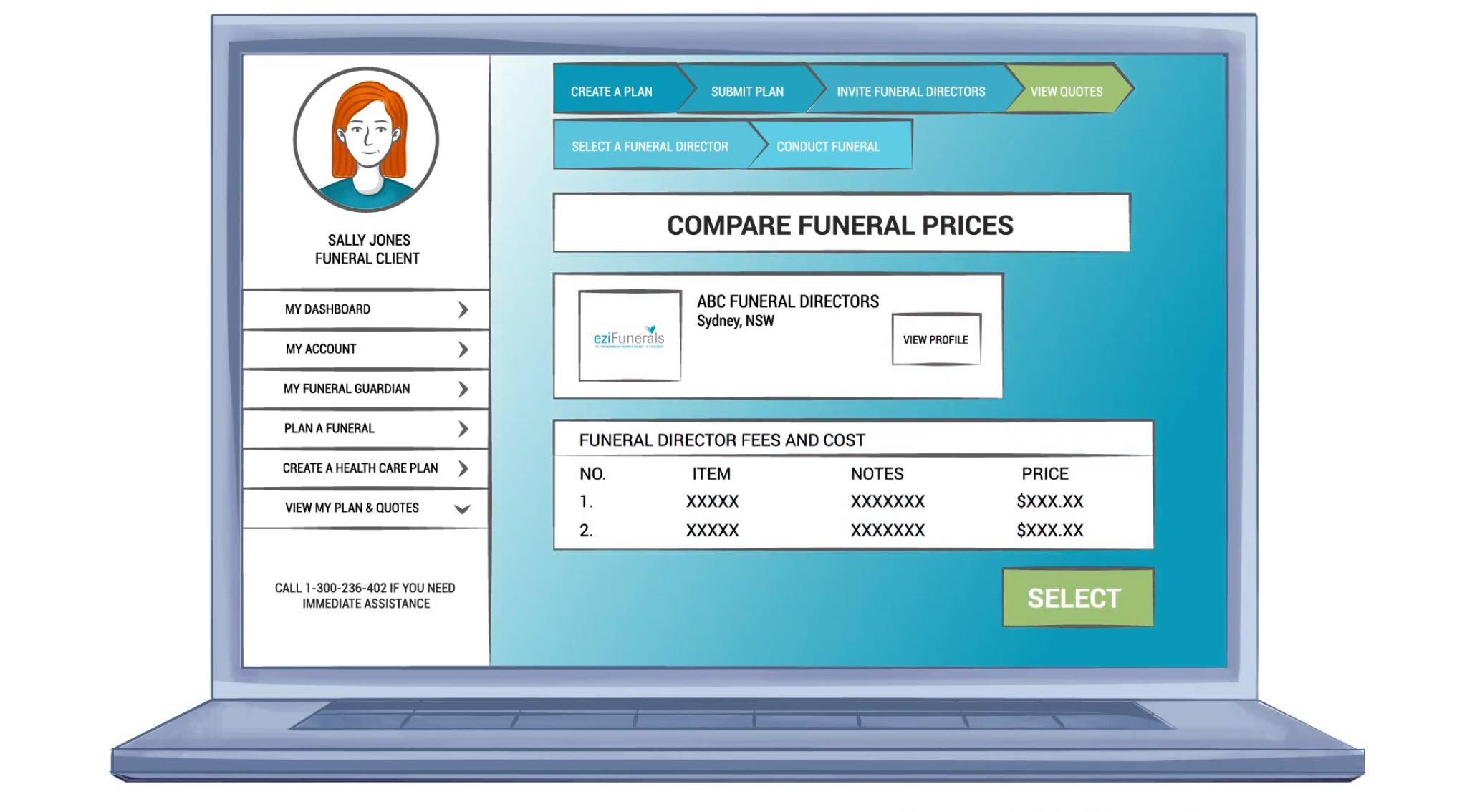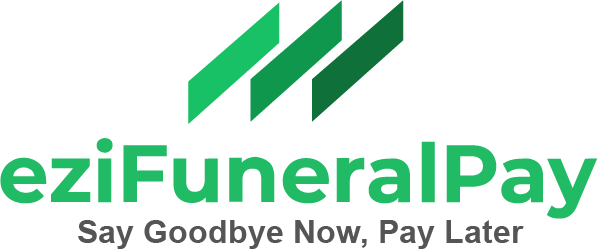
No one wants to have to arrange a funeral at what is already a difficult time. If you do, having an understanding of what is involved and how to deal with problems will help.
Most funerals are arranged by the nearest relatives and if not by a close friend. If there is no one, the local or health authority will arrange a simple funeral.
The person may have left instructions about the type of funeral and burial they wanted. There is no legal obligation for these instructions to be followed, but they usually are.
Read about how funerals are arranged, what services you can expect to get from a funeral director.
Get a written estimate of costs
If you are responsible for arranging the funeral, you’re responsible for the costs. You should ask to see a price list before choosing a funeral, or know how much you can afford and see what services are possible.
Once you’ve chosen the funeral, you should be given a written estimate giving a breakdown of all of the costs involved. Ask for one if it’s not provided.
Understand what services are provided by the funeral director
A basic funeral is likely to include:
- a plain, lined coffin
- transport of the body of the person who has died to the funeral director’s premises, usually up to ten miles from wherever the death occurred
- the care of the person who has died until the funeral. This will include washing and dressing the person who has died and laying the body out, but will not include embalming
- providing a hearse to take the body to the nearest crematorium or burial ground
- providing the necessary people to carry the coffin
- making all other necessary arrangements, for example, getting the required forms.
Other services funeral directors could provide, or which you may want to sort out elsewhere are:
- flowers
- a more expensive coffin and fittings
- press notices
- a medical certificate required for cremation, and any doctor’s fees for signing this
- an organist
- fees for religious services
- a burial or crematorium fee. The burial fee will usually include the costs of preparing the grave
- extra cars
- embalming
- extra services by the funeral director, for example, use of the Chapel of Rest, transport from the mortuary, or special viewing arrangements
- the cost of journeys of more than ten miles to the funeral director’s premises
- a memorial
- catering arrangements
- stationery.
Before you sign a contract
You may need to sign a contract with the funeral director. Make sure you read it carefully and ask the funeral director about anything you don’t understand.

About eziFunerals
eziFunerals supports individuals and families cope with end of life decisions, death and funerals. We are an independent, Australian-owned and operated company. We are not part of any other funeral company.
Our member Funeral Directors are chosen for their knowledge, quality, service, personalisation and experience. They go above and beyond, and will take the time to support the family.
For more information or to make contact with a trusted Independent funeral director, call eziFunerals on 1300 236 402 or visit www.ezifunerals.com.au.




